Abuzz WebTech HMIS is a revolutionary solution with end-to-end features for simplifying hospital management – all at a cost which provides the fastest ROI,Access to the right information and the automation of complex tasks & workflow is the key focus of theHMIS, enabling freeing the staff to spend more time on caring for patients and extending the reach ofservices.

Facilitating organizational efficiency and productivity through streamlined processes and resource management Managing tasks personnel and operations.

Guiding patients on their healthcare journey, offering support, and making informed medical decisions Dedicated to preserving health and providing compassionate care to patients.

Seeking medical care with trust, hope, and the desire for healing. Navigating health challenges with resilience, patience, and the willingness to follow treatment plans.
We provide well-grounded Hospital Management Software for professionally run hospitals and hospital chains. we are considered as a reliable solution provider.
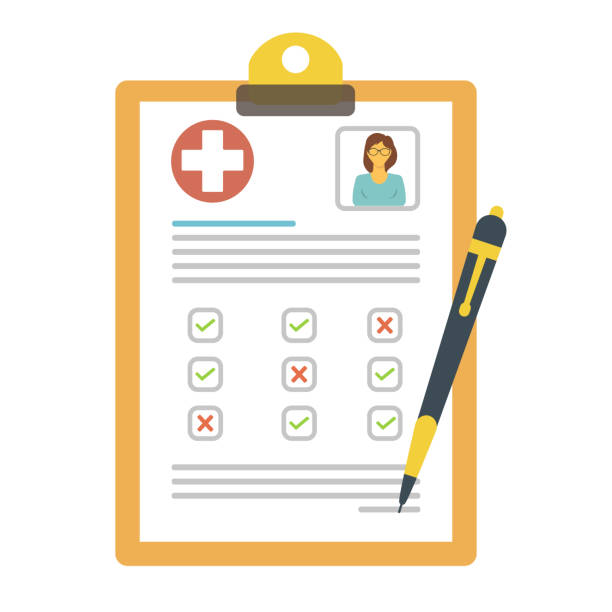
A crucial component of healthcare management, patient records contain comprehensive information about an individual's medical history, diagnoses, treatments, and outcomes.

Essential tools for efficient scheduling and organization in various industries, including healthcare, beauty, and professional services.
.png)
Powerful visual tools that display key data and metrics in a concise and intuitive manner, providing real-time insights for effective decision-making.

IPD (Inpatient Department): A specialized unit within a healthcare facility that provides comprehensive care and treatment to patients requiring overnight stays.

OPD (Outpatient Department): The department within a healthcare facility where patients receive medical consultation, diagnosis, and treatment without requiring overnight stays.
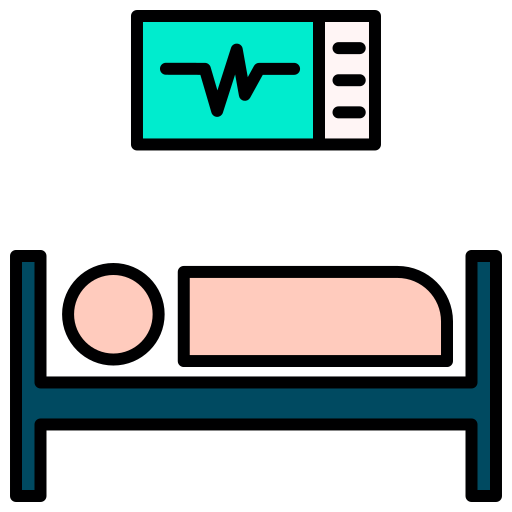
Patient Waiting Room Management: The process of efficiently organizing and optimizing the patient experience in the waiting area of a healthcare facility.

Pathology Labs: Specialized facilities that perform diagnostic testing and analysis of biological samples, such as blood, tissue, and bodily fluids, to assist in the diagnosis and treatment of diseases.
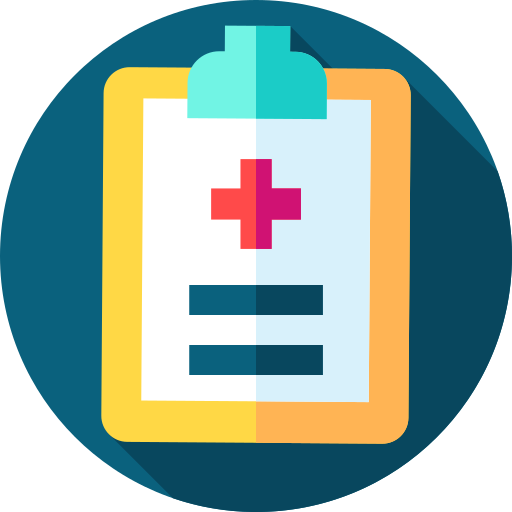
Clinical Records: Comprehensive documentation that captures important medical information, including patient history, diagnoses, treatments, and outcomes.
A Patient Information System is a secure digital platform that centralizes and manages patient data, enabling efficient access and updating of medical records for improved healthcare delivery and patient outcomes.
Inpatient and outpatient modules are integral components of a hospital management system, facilitating efficient management of hospital admissions, treatments, and discharges for both inpatient and outpatient services
Patient Transaction History provides a comprehensive record of financial transactions associated with a patient's healthcare services, including payments, insurance claims, and outstanding balances, aiding in accurate billing, financial reconciliation.
A Room and Bed Management System is a software solution that optimizes the allocation and utilization of rooms and beds within a healthcare facility, ensuring efficient patient flow, bed availability, and resource utilization.
Laboratory Management: A comprehensive system that oversees and coordinates various aspects of laboratory operations, including sample tracking, test ordering, result management, and quality control.
Finance and Billing Management: A robust system that handles financial transactions, billing processes, and revenue management within a healthcare organization.

Appointment Planners: Software tools that enable efficient scheduling and management of appointments for healthcare providers and organizations. These planners automate appointment booking, send reminders to patients, manage availability of providers, and optimize appointment slots, reducing no-shows, improving patient satisfaction, and maximizing the utilization of healthcare resources.
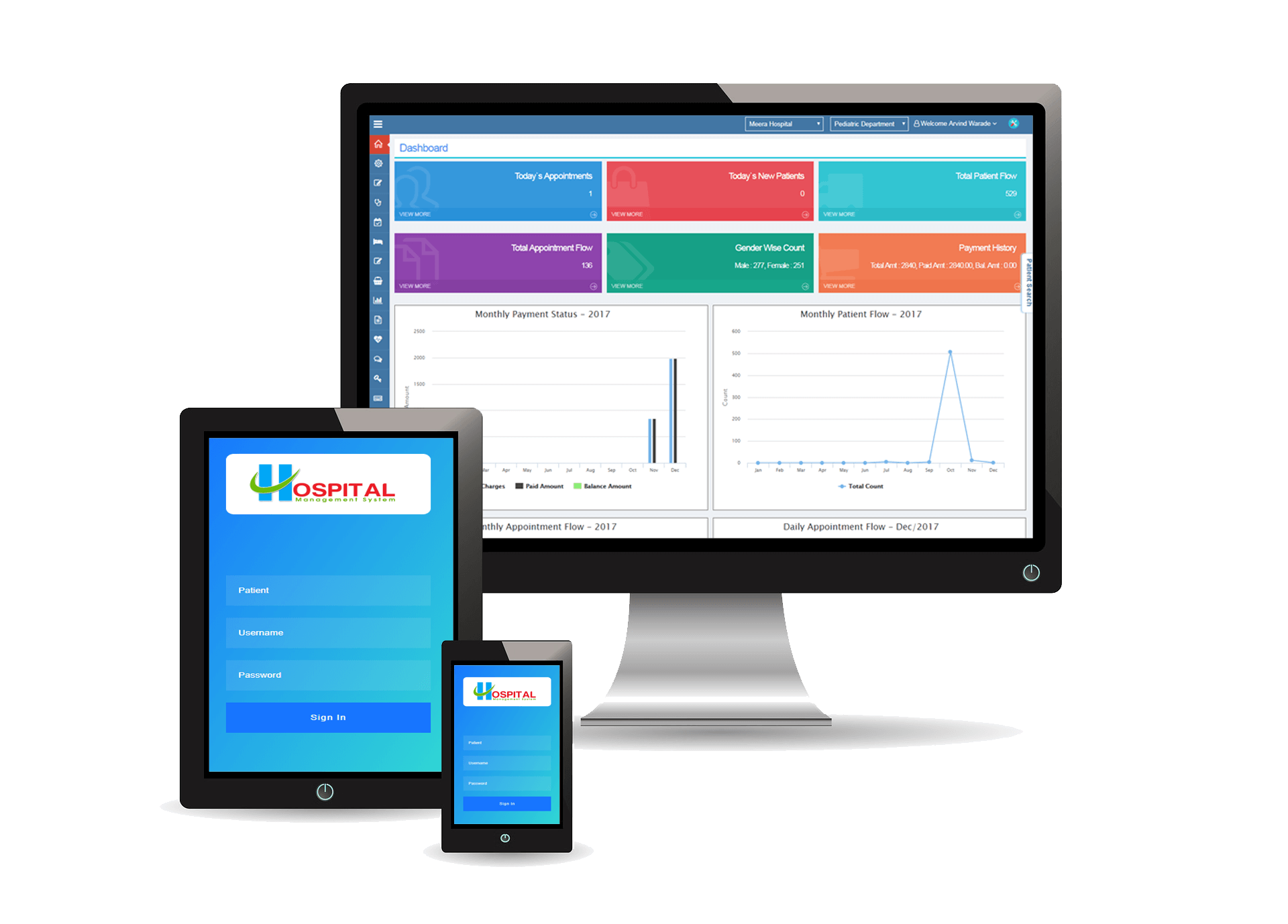
Patient Records: Comprehensive documentation that captures and organizes essential medical information about individual patients, including personal details, medical history, diagnoses, treatments, and test results. These records serve as a valuable resource for healthcare providers, ensuring continuity of care, facilitating accurate diagnosis and treatment decisions, and promoting effective communication among healthcare teams to deliver optimal patient care and improve health outcomes.
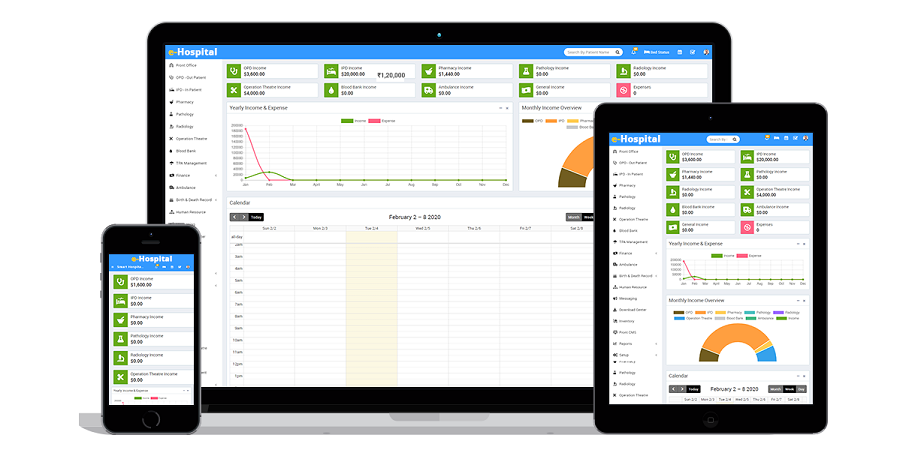
OPD (Outpatient Department) Management: The systematic management of outpatient services in a healthcare facility, including patient registration, appointment scheduling, triage, and coordination of diagnostic tests and consultations. Effective OPD management focuses on optimizing patient flow, minimizing waiting times, ensuring timely access to healthcare services, and providing a seamless and efficient outpatient experience while maintaining high standards of care and patient satisfaction.

Pathology Labs: Specialized facilities that perform diagnostic testing and analysis of various biological samples, such as blood, tissue, and fluids, to aid in the diagnosis and monitoring of diseases. Pathology labs utilize advanced laboratory techniques and equipment to examine samples, generate accurate test results, and provide valuable insights for healthcare providers to guide treatment decisions, track disease progression, and improve patient outcomes.